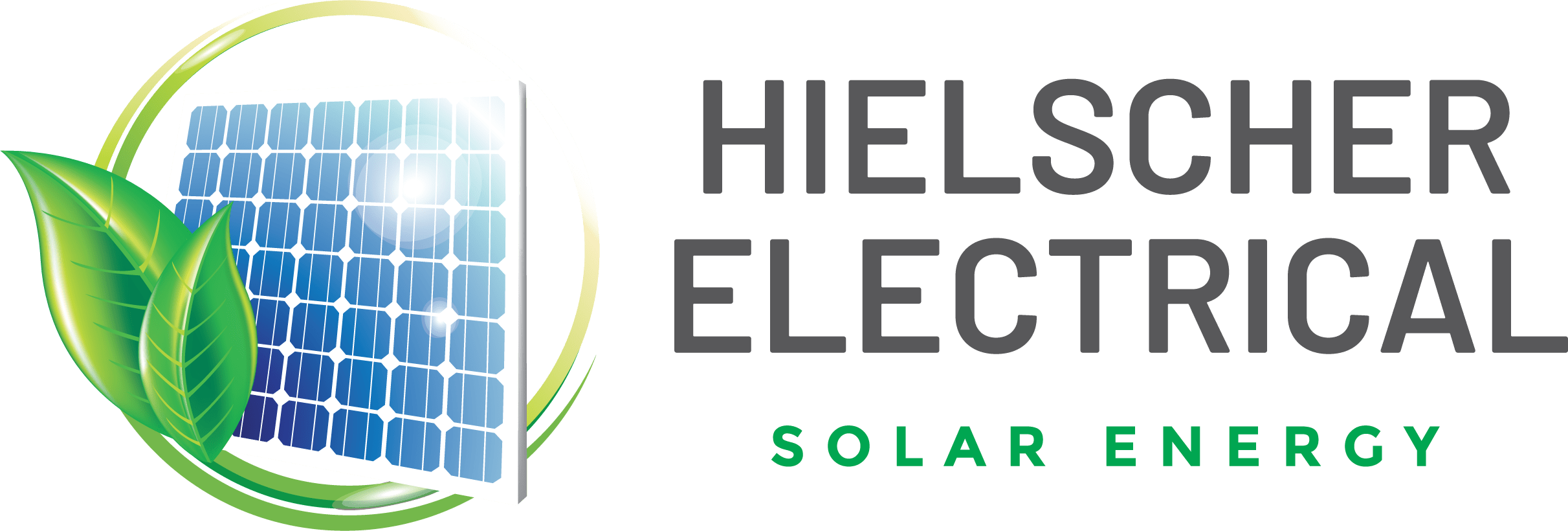Thanks to new metering and demand tariffs, the way we pay for electricity is fast changing. And how much does Ergon Energy pay for the rooftop solar energy you export into their network? Well, different energy retailers charge differently and there are a few things you need to know.
First and foremost, in your quest to install solar panels on your rooftop, you must have learnt a few things about how energy retailers like Ergon Energy deal with the electricity generated at your home. I bet you’ve also come across the term “net metering” also referred to as “net energy metering” (NEM), a concept common among residential and commercial property owners that generate their own electricity with solar panels.
A well-set up solar power system in Cairns can generate energy sufficient to power your home, and sometimes, produce more than you need for use and storage. When this happens, you can always export the surplus electricity to Ergon Energy to distribute to other areas within the Cairns local power grid. This is the process referred to as net metering.
How does net metering work?
For those states that provide net metering, the excess solar energy can be transferred back to the energy retailer in exchange for credits that enable you to offset your energy usage bill.
Surplus solar energy will be generated during sunnier days, but less energy than it is required to power your home will be generated during rainy or cloudy days.
When you sell your excess power back into the energy grid, you can use the credit to take care of the cost of electricity consumed. In the end, you only pay for the “net” electricity or the difference between what you used and what you sold.
Types of net metering
Net metering features three models; and the one available to you will highly depend on your energy retailer and your state.
Net metering
This is the most common model of net metering and is where any excess solar energy generated is sold to an energy retailer in return for credits that can be used to offset the electricity used from the grid. Normally, the credit is offered at the retail rate i.e. the rate at which electricity from the grid is charged. This model requires just one meter to track the energy though the meter must be upgraded when you install solar.
Buy all/sell all
The buy all-sell all model involves selling to the company 100% of electricity generated by your solar panels. The energy is sold at a wholesale price which is usually cheaper during purchase. In return, retailer powers 100% of your home’s energy needs but at the retail price. This model requires two separate meters and therefore you pay the difference if any, between the energy generated and the total electricity consumed. Note that under this model, you can’t consume directly any of the energy generated by your solar panels.
Net billing
Just like net metering, this model also allows users to directly consume the energy generated by solar panels but sell the surplus to an energy retailer at the retail price. However, unlike in the net metering model, credits cannot be used to offset future billing cycles. The model is commonly employed more in commercial situations.
What should you look for in net metering types?
When it comes to choosing a net metering arrangement, you may not have much choice given that most energy retailers including Ergon Energy only have one option. But if you are in a position to choose, there are some things to keep in mind.
Net metering is common for a reason—it’s the easiest to understand. Why? You receive credits per kilowatt hour sold and the credits are charged at retail price, meaning you paid at the same rate you pay for your power. That’s simple math.
However, this doesn’t make it the best option. If you expect to generate more solar energy from your panels—for instance, in a region that’s sunny most of the year and little if any rain and cloud cover, then a buy all/sell all option would be more viable for you.
The wholesale price you sell at will be lower since you’ll be acting as a provider, and also sell more than you would. All solar energy generated by your panels will be translated into money, instead of being paid for the excess only.
Also remember that there are fees related to net metering. These include the connection fees charged every month as long as you are connected to the energy retailer’s grid. However, the monthly fee isn’t much and ranges between $10-20 per month in some states.
Regardless of your preferred arrangement, net energy metering remains the best way to get the most out of your solar system. Not only do you get to power your home or fully pay for your electricity consumption, but it allows you to monetise your solar energy generation while supplying to others.
Bring your home, business or neighborhood in Northern Queensland up to speed with the latest solar panels, batteries and energy efficient solutions that are sustainable, reliable and affordable. Find your solution.
How useful was this post?
Click on a star to rate it!
Average rating / 5. Vote count:
No votes so far! Be the first to rate this post.
- About the Author
- Latest Posts
I took an interest in the Australian energy sector close to ten years ago and since then have monitored the trends, technologies and direction of the Australian Energy Market. I was drawn to the Australian solar market in 2008 and since then have worked heavily in the field. I am partnered with national and international solar energy companies, from manufacturers of solar panel and inverter technology, online software developers that introduce tools to quote, monitor and manage solar power systems and media organisations who like myself, closely monitor the solar and renewable energy sector.



